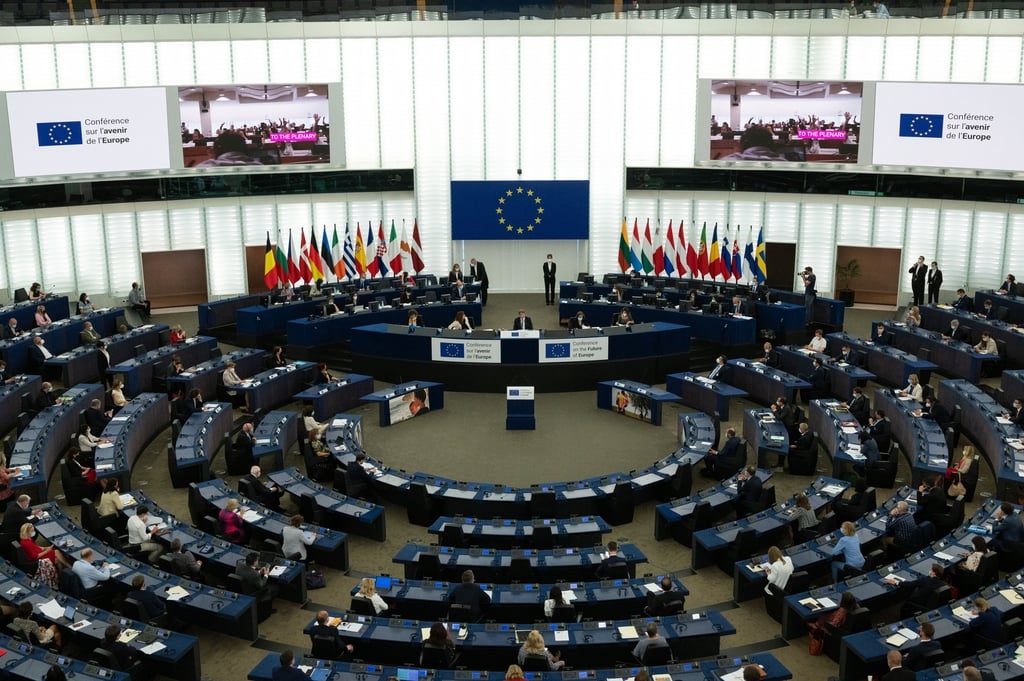
The Hungarian presidency aims to prioritize strong policy objectives and provide a consensus response to challenges.Continue reading

The Minister for European Union Affairs, speaking at the Hungary 20 Years in the European Union conference in Budapest, criticized the current leadership of the EU, labeling it as inept due to its flawed structure.
János Bóka highlighted that the EU’s recent failures stem from governance being centralized in Brussels institutions, which predominantly operate as political bodies. Both the European Parliament and the European Commission pursue political objectives independently of the Member States’ political will, leading to conflicts between institutions and states.
This systemic flaw, he argued, diminishes the powers of Member States and prioritizes the EU’s federalization.
Mr. Bóka emphasized differing definitions of success: while Member States gauge success by the EU’s collective prosperity, institutions measure it by the strengthening of federalization. Without change, he warned, Member States’ powers will continue to erode over the next five years. Regarding Hungary’s upcoming EU Presidency, he anticipated a challenging communication battle, but stressed that success would depend on a smooth institutional transition and the introduction of enduring aspects.
Reflecting on Hungary’s accession two decades ago, the Minister recalled the decision made on national consensus, viewing the EU as a beacon of freedom and prosperity. Despite strategic defense and economic imperatives, he underscored the importance of maintaining national sovereignty within the EU framework.
Bóka posed a fundamental question about integration: whether it should be seen as a treaty-based framework or an ongoing process.
He cautioned against the erosion of Member States’ decision-making powers with closer integration, arguing that the rise of a “European demos” would undermine national communities and democracy itself.
The conference’s panel discussions, attended by Hungarian and foreign experts, delved into the experiences and achievements of the past two decades, particularly focusing on Central European countries that joined the EU in 2004. Topics ranged from agriculture and trade to capital flows, enlargement, and migration, providing insights into the region’s EU journey.
Via MTI; Featured Image: X / European Parliament